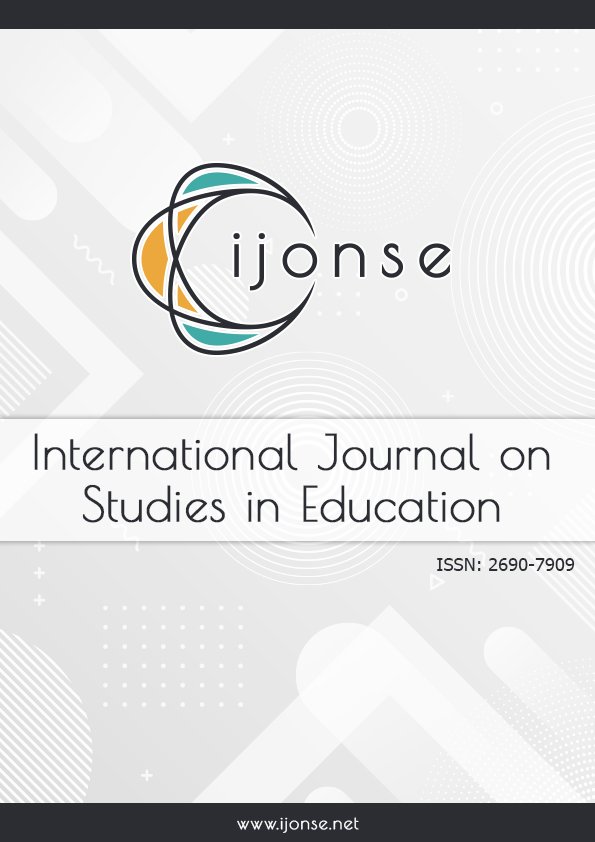A Meta-Analysis of the Effectiveness of Video-Based Instruction on Students’ Academic Performance in Science and Mathematics
DOI:
https://doi.org/10.46328/ijonse.266Keywords:
Academic performance, Effect size, Meta-analysis, Video-based instructionAbstract
Video-based instruction has been a necessary part of teaching and learning in 21st-century education. However, as video-based instruction continues to evolve, evaluating its effectiveness in improving students’ performance in various disciplines is deemed necessary. This study analyzed empirical research on the effectiveness of video-based instruction in improving students' performance in Science and Mathematics. The study filtered 4,874 research articles gathered using various meta-search engines. Using the inclusion and exclusion criteria set, only 14 research articles conducted from 2019 to 2023 qualified for this meta-analysis with a classic fail-safe N analysis value of 2627, p<0.001, obtaining non-susceptible to publication bias. The Jamovi software version 2.4 was used in determining the effect size (Hedge’s g), the forest plot, and the funnel plot analysis of the gathered data. The collected studies showed that video-based instructions were utilized in the primary (n=355), secondary (n=611), and tertiary (n=72) level education in various topics of Science and Mathematics subjects. The analysis of the k=14 empirical studies obtained from 2019 to 2023 denotes a large-positive effect of video-based instruction in Science (k=7), g = 2.28, and Mathematics (k=7), g=1.79, subjects with an average effect size of g=2.03 (95% CI: 1.2991 to 2.7657).References
Dipon, C.H. & Dio, R.V. (2024). A meta-analysis of the effectiveness of video-based instruction on students’ academic performance in science and mathematics. International Journal on Studies in Education (IJonSE), 6(4), 732-746. https://doi.org/10.46328/ijonse.266
Downloads
Published
Issue
Section
License
Articles may be used for research, teaching, and private study purposes. Authors alone are responsible for the contents of their articles. The journal owns the copyright of the articles. The publisher shall not be liable for any loss, actions, claims, proceedings, demand, or costs or damages whatsoever or howsoever caused arising directly or indirectly in connection with or arising out of the use of the research material.
The author(s) of a manuscript agree that if the manuscript is accepted for publication in the International Journal on Studies in Education (IJonSE), the published article will be copyrighted using a Creative Commons “Attribution 4.0 International” license. This license allows others to freely copy, distribute, and display the copyrighted work, and derivative works based upon it, under certain specified conditions.
Authors are responsible for obtaining written permission to include any images or artwork for which they do not hold copyright in their articles, or to adapt any such images or artwork for inclusion in their articles. The copyright holder must be made explicitly aware that the image(s) or artwork will be made freely available online as part of the article under a Creative Commons “Attribution 4.0 International” license.

This work is licensed under a Creative Commons Attribution-NonCommercial-ShareAlike 4.0 International License.





